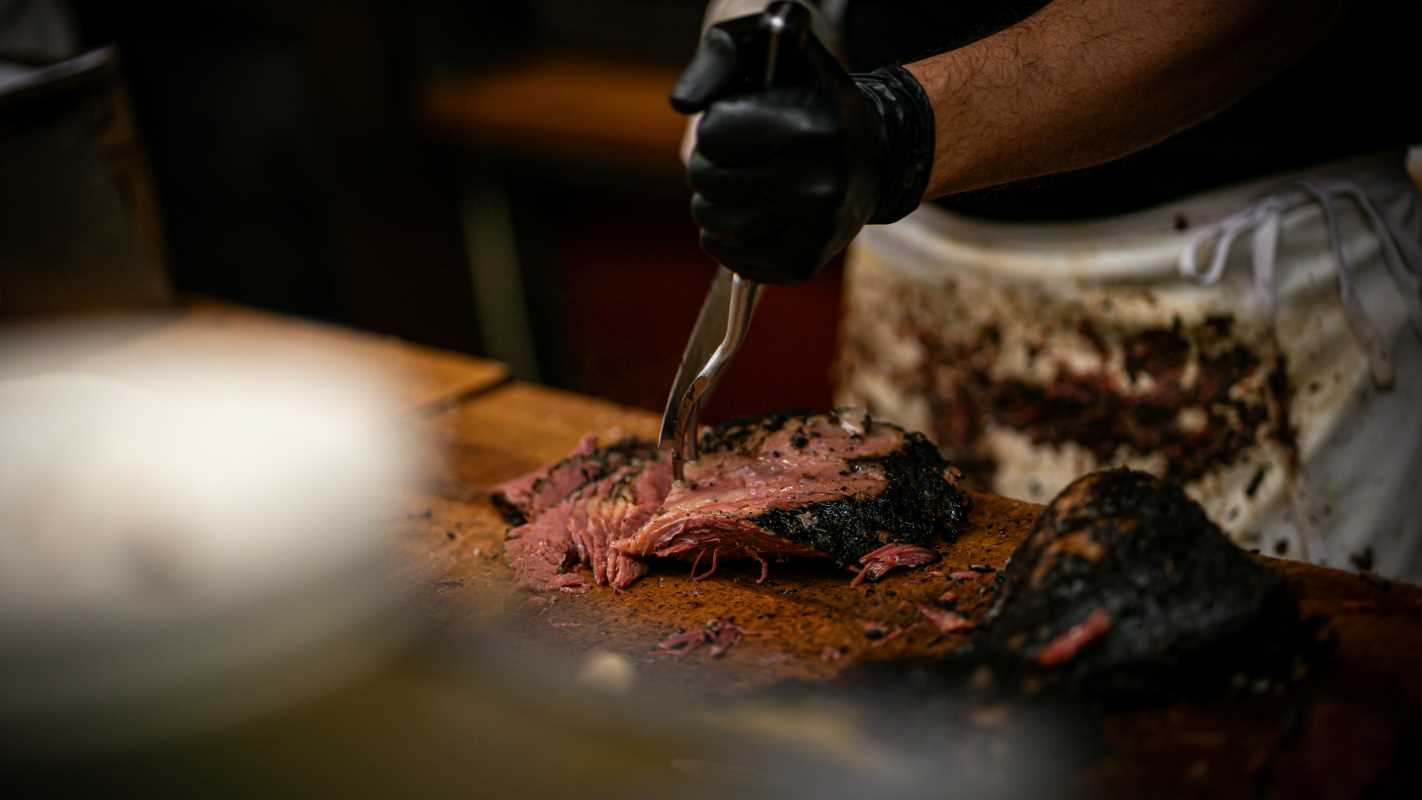Building a book collection is more than simply accumulating volumes on a shelf—it’s a meaningful process of curating a personal library that reflects your passions, interests, and aspirations. Each book becomes a part of your story, offering knowledge, inspiration, or nostalgia. Whether you’re an avid reader or a budding bibliophile, creating a collection is a rewarding journey that evolves. Every step adds value to this fulfilling pursuit, from selecting genres and authors to exploring rare finds and maintaining your collection. These tips will guide you in crafting a collection that is as unique and dynamic as you are.
Selecting Your Genre: Finding Your Literary Voice
When starting your book collection, focus on genres that resonate deeply. This will make the process more enjoyable and create a cohesive collection.
- Consider Your Interests: If you love timeless storytelling, explore classic literature. Prefer futuristic adventures? Dive into science fiction. Passionate about self-improvement? Collect motivational books.
- Sample Before You Commit: Visit libraries or borrow from friends to explore different genres before purchasing.
- Pro Tip: Don’t limit yourself to a single genre—your collection can evolve as your interests grow.
Example: If a history enthusiast, collect biographies of influential figures or historical accounts from specific eras.
Exploring Different Formats: Adding Diversity to Your Collection
Books come in various formats, each offering a unique appeal. Understanding these options will help diversify your collection.
- Hardcovers: Timeless and durable, these are ideal for collectors seeking long-lasting pieces.
- Paperbacks: Lightweight and affordable, perfect for everyday reading.
- Special Editions: For a touch of rarity, look for signed copies, leather-bound volumes, or illustrated editions.
- Digital vs. Physical: While digital libraries are convenient, physical books provide tactile satisfaction and aesthetic value.
Example: A collector might start with affordable paperback versions of classics and later invest in leather-bound editions of favorites.
Curating Your Collection: Creating a Meaningful Library
Curating a collection involves thoughtful selection and organization to reflect your unique tastes.
- Themes and Focus: Create themes around authors, periods, or topics. A collection on the Roaring Twenties, for example, might include novels by F. Scott Fitzgerald and historical accounts of the Jazz Age.
- Organizational Tips: Sort books alphabetically by author or title.
- Arrange by genre or color for visual appeal.
- Dedicate sections to specific interests, such as poetry or graphic novels.
Visual Appeal: Display books creatively with decorative bookends, lighting, or minimalist shelves that showcase your favorites.
Building Relationships with Booksellers: Networking for Rare Finds
Connecting with knowledgeable booksellers and fellow collectors can enhance your collecting experience.
- Local Bookstores: Establish relationships with local sellers for personalized recommendations.
- Book Fairs and Clubs: Attend events to discover rare finds and network with other enthusiasts.
- Online Communities: Join forums or social media groups dedicated to book collecting.
Pro Tip: Share your collection journey online—many collectors enjoy exchanging tips and showcasing their libraries.
Investing Wisely: Combining Passion and Strategy
A thoughtful approach to purchases ensures your collection is both enjoyable and valuable.
- Research Market Value: Understand factors like first editions, condition, and rarity.
- Budget Mindfully: Allocate funds for prized pieces while maintaining affordability for regular acquisitions.
- Future Potential: Consider books with historical significance or signed editions that may be appreciated.
Example: A signed first edition of To Kill a Mockingbird by Harper Lee is both a meaningful addition and a valuable investment.
Preserving Your Collection: Caring for Your Books
Proper maintenance is crucial to ensure your books remain in excellent condition.
- Storage Tips: Keep books in a cool, dry place away from sunlight.
- Use acid-free covers or sleeves for valuable editions.
- Handling with Care: Avoid eating or drinking near your collection; always handle books with clean hands.
- Cleaning Routine: Dust bookshelves regularly and inspect books for signs of wear or damage.
Long-Term Preservation: For rare books, consult experts about archival storage methods to prevent deterioration.
The Joy of Collecting: Making It Personal
Building a book collection is as much about the journey as the destination. Take time to explore new genres, embrace the stories behind each book, and connect with others who share your passion. Over time, your collection will become a reflection of your personality and a source of inspiration.
Final Tip: Remember, a great book collection is not about quantity but quality—choose books that resonate with you and bring joy. Happy collecting!







